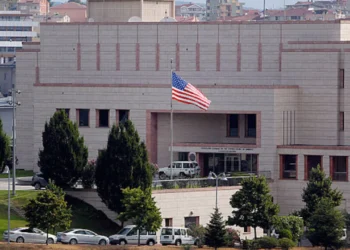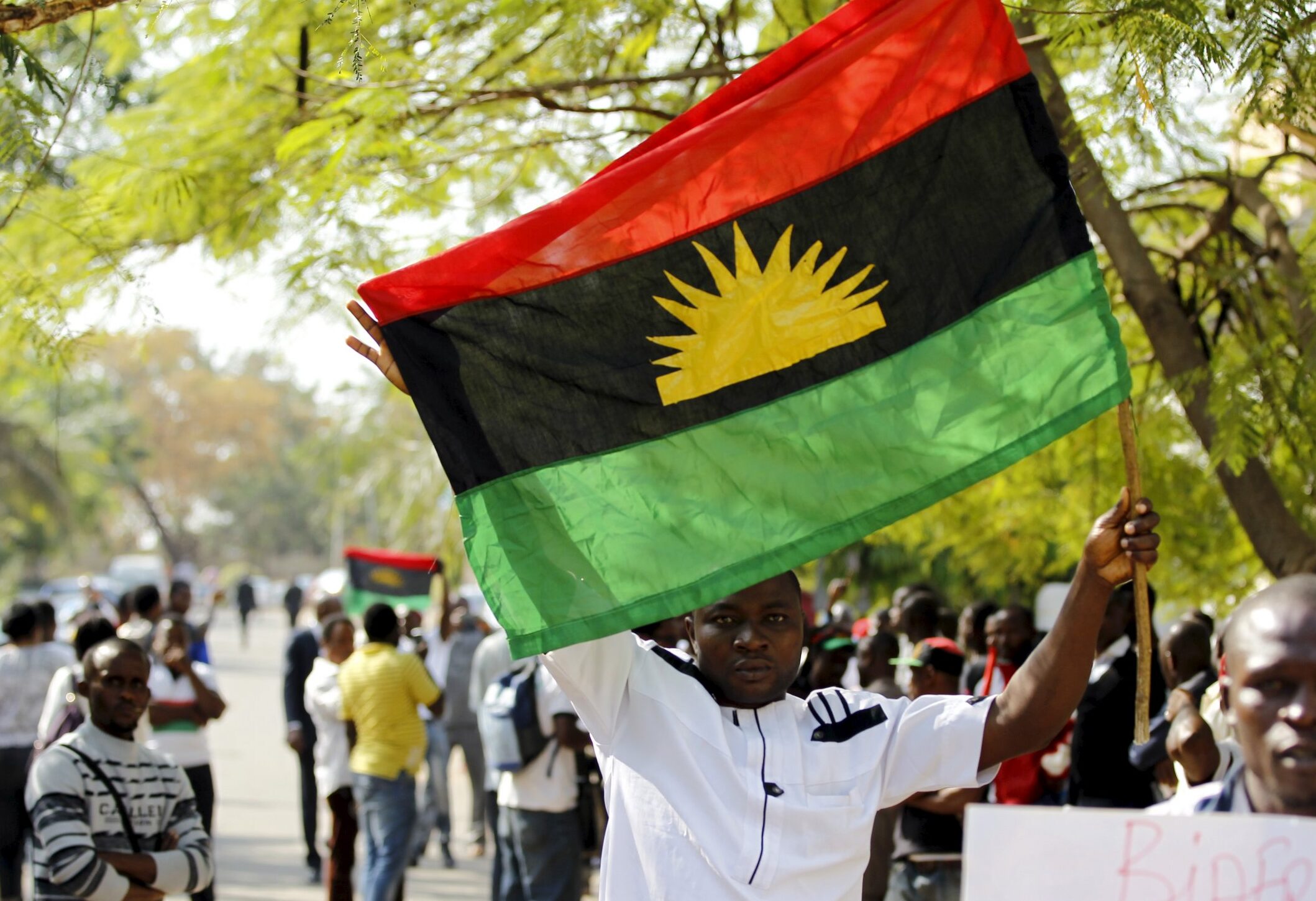“Nurses say the N20,000 budget is an insult”—this was the message at the centre of their protest. They said the Federal Government’s ₦20,000 yearly allocation per nurse, meant for uniforms and basic necessities, is not only outdated but deeply disrespectful.
Hospitals across Nigeria were hit hard last week as nurses under the National Association of Nigerian Nurses and Midwives (NANNM) went on a nationwide warning strike. The industrial action, which started on Wednesday and ended on Saturday, disrupted services in federal medical centres, teaching hospitals, and specialist facilities across the country.
Poor Working Conditions
In an exclusive interview, Morakinyo Rilwan, the National Chairman of NANNM–Federal Health Institutions Sector, said the strike action came after years of frustration. According to him, the working conditions in Nigeria’s federal hospitals are degrading.

He said many nurses are forced to work without gloves, proper equipment, or safety tools. “They expect nurses to improvise, and truly, we do. But it’s not ideal. It’s not how healthcare should work,” he said.
Rilwan pointed out that nurses say the N20,000 budget is an insult because it does not reflect the reality of their daily work. Nurses are constantly exposed to vomit, blood, and other fluids, yet they must pay out of pocket to maintain clean uniforms multiple times a week.
Nurses Say the N20,000 Budget Is an Insult to Their Dedication
He stressed that nurses care for patients day and night, often working 14-hour shifts under intense conditions, with no additional hazard or night duty allowance. “We are not asking for too much. We want fairness. We want to be treated with dignity,” he said.
Rilwan added, “Even your tailor won’t collect ₦20,000 to sew a decent uniform. So how does that amount make sense for an entire year?”
Nurses have been receiving ₦20,000 as uniform allowance for over 20 years, while other health professionals have seen steady increases in theirs, some up to ₦100,000. Nurses feel forgotten, despite being on the frontline of every health crisis in the country.
Nurses Say the N20,000 Budget Is an Insult That Reflects Government Neglect
The strike followed a 15-day ultimatum issued by the union on July 14. The government failed to act, despite clear demands: upward review of allowances, mass employment of nurses, a dedicated nursing department in the Federal Ministry of Health, and a separate salary structure for nurses.
Nurses argue that their role is unique. They handle feeding, hygiene, drug administration, emotional support, and emergencies—especially at night when disease symptoms often worsen. “You don’t sleep during night duty,” Rilwan said.
The current lumping of nurses with other health workers under one payment scale, he added, is unfair. “Our work is peculiar. We need our own structure to address our own needs.”
The Budget Is an Insult and a Symbol of Systemic Failure
From the lack of gloves and suction machines to the outdated uniform budget, nurses say the N20,000 budget is an insult that captures the broader neglect they face. Despite playing a vital role in healthcare delivery, Nigerian nurses feel invisible in policy and underappreciated in budget decisions.

















